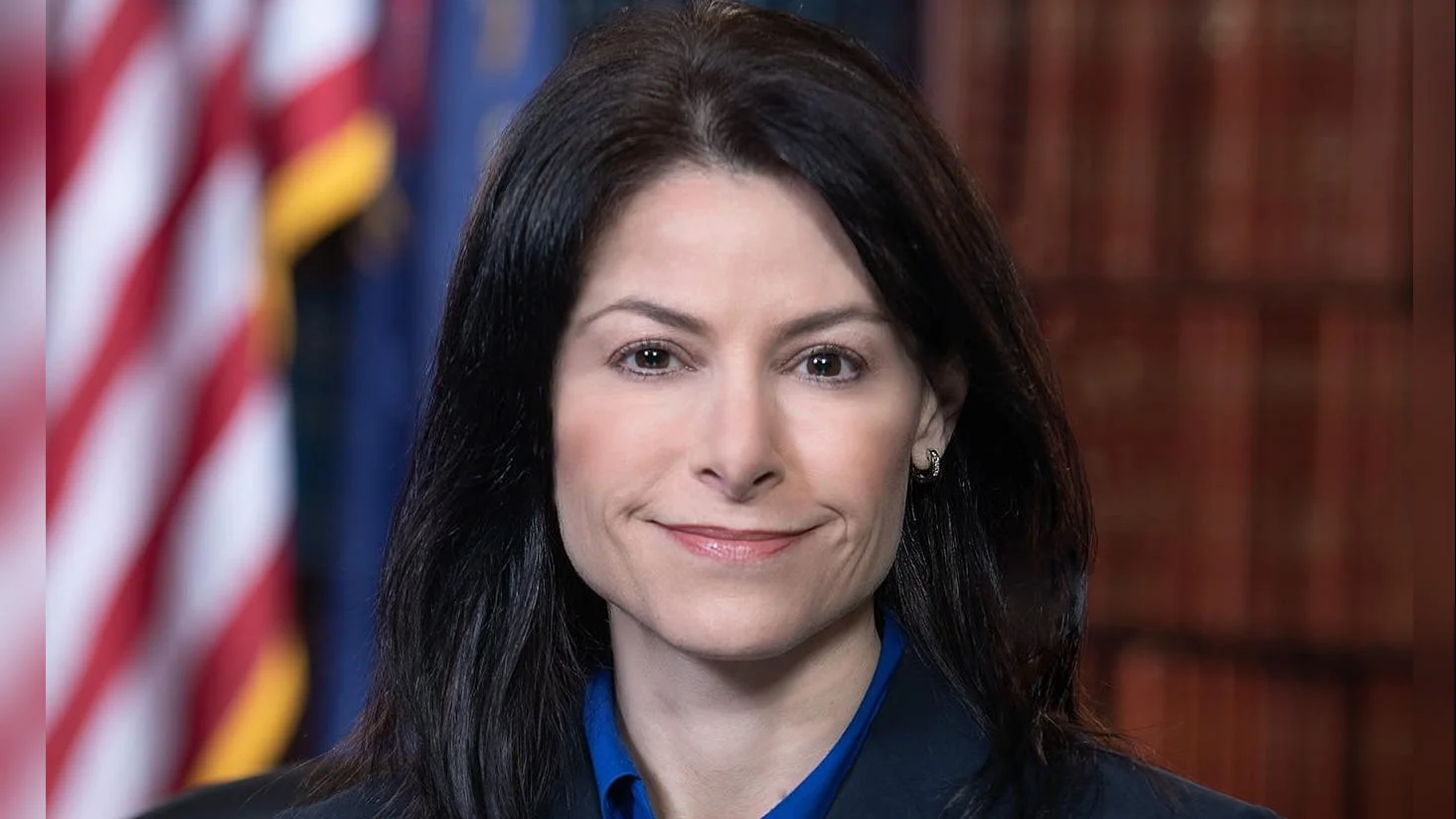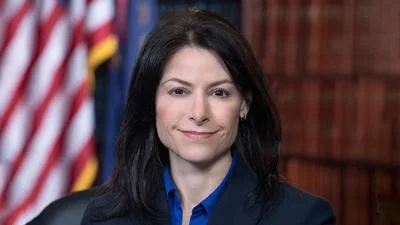Attorney General Dana Nessel | Official website
Attorney General Dana Nessel | Official website
Michigan Attorney General Dana Nessel reaffirmed her commitment to supporting crime victims across the state in honor of Crime Victims’ Rights Week. Nessel, who has held her position since 2019, highlighted the efforts her office has made to ensure survivors have the necessary resources and support while navigating the criminal justice system.
“Crime victims deserve to be heard and supported as they navigate the legal system,” Nessel stated. She emphasized the importance of a victim-centered approach, ensuring that survivors receive advocacy and respect throughout the process.
In 2023, Nessel introduced the Address Confidentiality Program to protect victims of domestic violence, sexual assault, stalking, and human trafficking. The program, which now serves 333 individuals across 165 households, maintains the confidentiality of survivors' physical addresses to protect them from abusers.
The Department of Attorney General’s Victim Advocate staff reportedly supported 378 victims in criminal prosecutions in 2024, in addition to assisting survivors involved in the Catholic Church Clergy Abuse investigation and over 100 crime victims seeking resources in their respective counties. The department's Felony Child Support Advocate remained actively engaged in 1,500 cases to ensure victims comprehended their rights.
Nessel’s commitment extends to leadership roles on various boards and committees, such as Advocates and Leaders for Police and Community Trust and the MI Response to Hate Committee. A new Crime Victim Rights webpage has also been launched, providing crime victims with essential resources and information about their rights and the legal process.
In her podcast, Pantsuits and Lawsuits, Nessel and Arizona Attorney General Kris Mayes discussed federal funding cuts to victim services, noting the 83% decline in the Victims of Crime Act fund since 2017. They addressed the impact of post-conviction issues, like unexpected paroles or pardons, and highlighted the importance of the role of victim advocates with insights from Kirstin Flores and Rebekah Snyder Cox from Arizona and Michigan victim services divisions, respectively. The podcast is currently accessible on major platforms.






 Alerts Sign-up
Alerts Sign-up